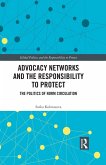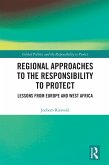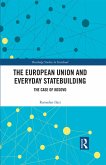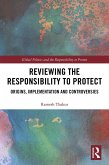Institutions do not decide whom to destroy or to kill, whether to make peace or war; those decisions are the responsibility of individuals. This book argues that the most important aspect of conflict resolution is for antagonists to understand their opponents as individuals, their ambitions, their pains, the resentments that condition their thinking and the traumas they do not fully themselves grasp. Gabrielle Rifkind and Giandomenico Pico here present two very different experiences of international relations - Rifkind as a psychotherapist now immersed in the politics of the Middle East, and Picco as a career diplomat with a long and successful record as a negotiator at the UN. Should we talk to the enemy? What happens if the protagonists are nasty and brutish, tempting policy-makers to retaliate? How do nations find the capacity not to hit back, trapping themselves in endless cycles of violence?Presenting a unique combination of psychological theories, geopolitical realities and first-hand peace-making experience, this book sheds new light on some of the worst conflicts in the modern world and demonstrates, above all, how empathy can often be far more persuasive than the most fearsome weapons.
By exploring the question of intervention versus non-intervention, and examining how the changing nature of warfare and technology has both armed the warmonger, whilst empowering the individual through social media, this is a highly topical, comprehensive overview on international diplomacy and the complexities of peace-making.
By exploring the question of intervention versus non-intervention, and examining how the changing nature of warfare and technology has both armed the warmonger, whilst empowering the individual through social media, this is a highly topical, comprehensive overview on international diplomacy and the complexities of peace-making.









